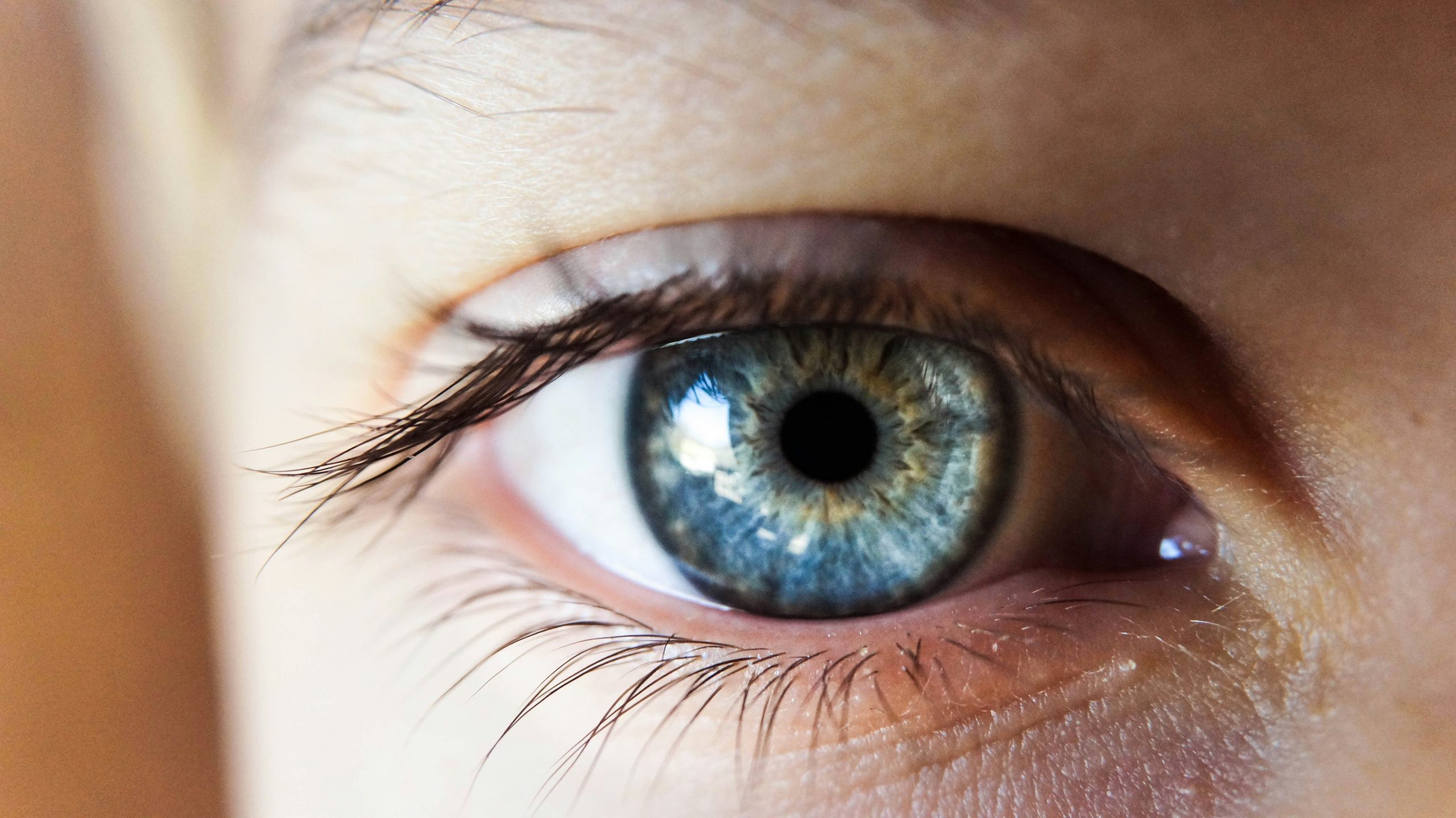Over the past five years, the Belgian startup ReVision Implant has been developing a groundbreaking brain prosthesis that aims to partially restore vision to the blind. A consortium was formed to carry out the first human testing of the technology, consisting of the manufacturing startup and three research groups, including the Integrative Neuroscience Research Group of the Institute of Cognitive Neuroscience and Psychology, HUN-REN RCNS. The consortium received nearly €2.5M in funding from the European Innovation Council’s EIC Transition call. The call supports the further development of promising, innovative ideas whose preliminary results have already received EU funding. In the FLAIRVision project, a joint development plan of Belgian, Spanish, and Hungarian partners received the grant.
“Thousands of micro-electrodes grouped into delicate strands going into the brain, directly triggering the view of tiny dots of light that compose a simple image. Surely that must sound familiar to those following the current boom in neural implant research and development,” says Maarten Schelles, CTO of ReVision implant. “But there are also important differences compared to what others are doing.” The young CTO, who recently received a PhD in engineering, seems enthusiastic about the challenge of partially restoring vision to the blind. “We are much more focused on long-term stability, having a dedicated and patented system to keep the electrodes in place,” he explains. “We’ve also made design choices to ensure a product lifetime of over 20 years. And we stimulate in a smarter way – we get more out of the system without needing to increase the number of electrodes.”
“ReVision Implant was founded in 2020 with the sole purpose of bringing back useful vision to blind people,” says Frederik Ceyssens, the company’s co-founder and CEO. “Several efforts were underway globally at that time too, but in my opinion, they were not ambitious enough to yield a minimum viable product.” ReVision Implant is fortunate to be based in Leuven, Belgium’s micro- and nanotechnology hub. The infrastructure and expertise in this field are excellent. Over the past five years, they have worked with two research groups in Leuven to develop a concept that predicts the success of brain prosthesis. During this time, they have proven in animal experiments that the implantable prosthesis produces bright spots in the brain, and that it is also highly biocompatible.
Now, a new, prestigious European grant will allow the consortium to move forward with developing the prosthesis for human use. The HUN-REN RCNS research group and a Spanish research team will be responsible for the first tests on human patients.
After obtaining regulatory approval, short-term, voluntary patient trials are expected to begin in early 2026, led by Dr. Lucia Wittner’s Hungarian team in Budapest. These trials will be conducted on tumor and epilepsy patients undergoing surgery at the Clinics of Neurosurgery and Neurointervention at Semmelweis University to remove their tumor or epileptic focus. The planned short-term trials will test the mechanical properties of the microelectrodes designed and manufactured for human use, and will also examine how human brain tissue responds to the insertion of the prosthesis. Although there are significant similarities between animal models and the human brain, it is still very important to examine the interaction between the microelectrode and human brain tissue from the perspective of safety and long-term use.
If the Hungarian trials go well, they will be followed by a longer study in Spain – coordinated by Dr. Eduardo Fernandez – in which the implants will be placed in the brain of a blind volunteer for at least six months. Dr. Fernandez has experience in the field of visual prosthetics research, and has previously demonstrated the transmission of simple shapes to a blind person using an earlier-generation brain implant with a more limited number of electrodes. The consortium aims to demonstrate a tenfold improvement over previous results, paving the way for a prosthesis that can address all forms of blindness – not just those linked to specific causes, as is the case with many other treatments currently in development.
The effort is supported by HyperStim and FlairVision, two EIC grants from the European Union, and also by imec.istart, the business accelerator of imec, the world’s leading nanotechnology R&D center, alongside other early-stage investors including the U.S.-based Plug&Play Tech Center. ReVision Implant currently has two active strategic research collaborations with publicly listed medical device companies interested in its platform. ReVision is currently raising a new round of funding to develop its prototypes into marketable products.


